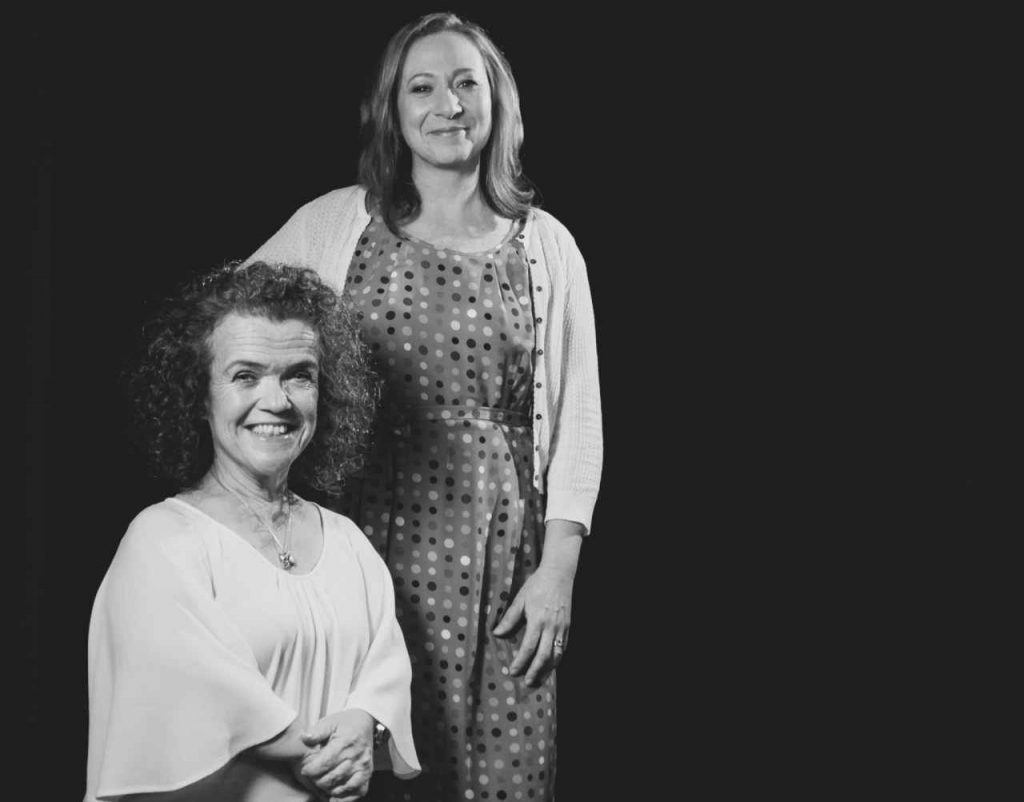My Answer: Feeling Belittled
Dear Debra
Thank-you for responding to my question: what’s it like to feel belittled?
The idea for this question came from seeing your recent video work at The Big Anxiety Festival where you read out pages of tweets received by people with achondroplasia dwarfism, including you. The tweets were demeaning and clearly the desire was to belittle. I know from our One Plus One interview in 2017 that, sadly, you are subjected to name-calling and taunts and that you face this abuse randomly and routinely.
Most of us have been belittled at some stage of our lives.
One of the readers of this series, Trish, noted that “some people say no-one can make you feel belittled or humiliated unless you let them.” Here’s another comment I’ve seen on the subject: “choosing to feel belittled is your choice…how you choose to internalise everything is up to you.”
But the tables are turned when a demeaning comment is directed with frequency at people who look different, as you do Debra. You are the target of daily ‘micro-aggressions’, defined as subtle blows delivered incessantly. I don’t think many of us experience that belittling on that scale.
On the opposite end of the spectrum, you are often told that people find you ‘inspiring’ just for being you. Some people can’t imagine what it’s like to live with achondroplasia dwarfism.
Your letter says “I’ve shed countless tears in private and cried myself to sleep too many times.” But you never allow yourself to cry in public because you are fiercely determined that your “personhood must always be what is carried through and communicated.”
Debra, I promise not to call you inspiring, but I do admire how you educate and invite people to engage in difficult conversations about interacting with people who look different.
Some of us might think we have the gift of empathy, but perhaps that is just something we tell ourselves. Do we want to experience how it feels to be Debra or just feel sympathy for you? Perhaps this is a topic for another day.
In the meantime, what you do teach us is that we must endeavour to apply humanity equally and not selectively.
I have also decided to publish your letter in full, so that people can gain the full measure of you.
Thank-you so much for your response and for a lesson in compassionate assertiveness.
Love,
Jane

Sometimes this can be immensely tiring.
Belittling actions occur on a spectrum – from a simple smirk to laughter and pointing. Then there are demeaning comments (often presented as statements or polite) to overt insults.
They hurt – they all hurt.
How does it feel? Like a slight tightening in the chest, a bristle at the back of the neck, a quickening of the heart and breath. In other words, the body prepares for a flight-or-fight response. Meanwhile, I gauge the situation and consider whether to ignore or react.
Which option I choose depends on the event and the strength of my resolve. I haven’t cried in public because I am fiercely determined that my personhood is always carried through and communicated. However, I have shed countless tears in private and cried myself to sleep too many times. All too often I feel like I am in a battle, and it’s a matter of survival that a chink in the armour isn’t revealed and exploited.
At other times, belittling behaviours can occur through ignorance. If that’s the case (and it’s not always possible to ascertain), then I will engage with the person or people because I consider that to be my job. It’s my job as a parent, to inform and correct stereotypes or misinformation so that my child is less likely to be belittled.
I do get battle-weary. On those occasions I nurture myself through art, my family and a good dose of mindless TV comedy (Frasier, Big Bang Theory, Michael MacIntyre).
Jane, I hope this gives you a sense of what it’s like to feel belittled.
All the very best,
Debra Keenahan
(image used with the kind permission of Robert Brindley)